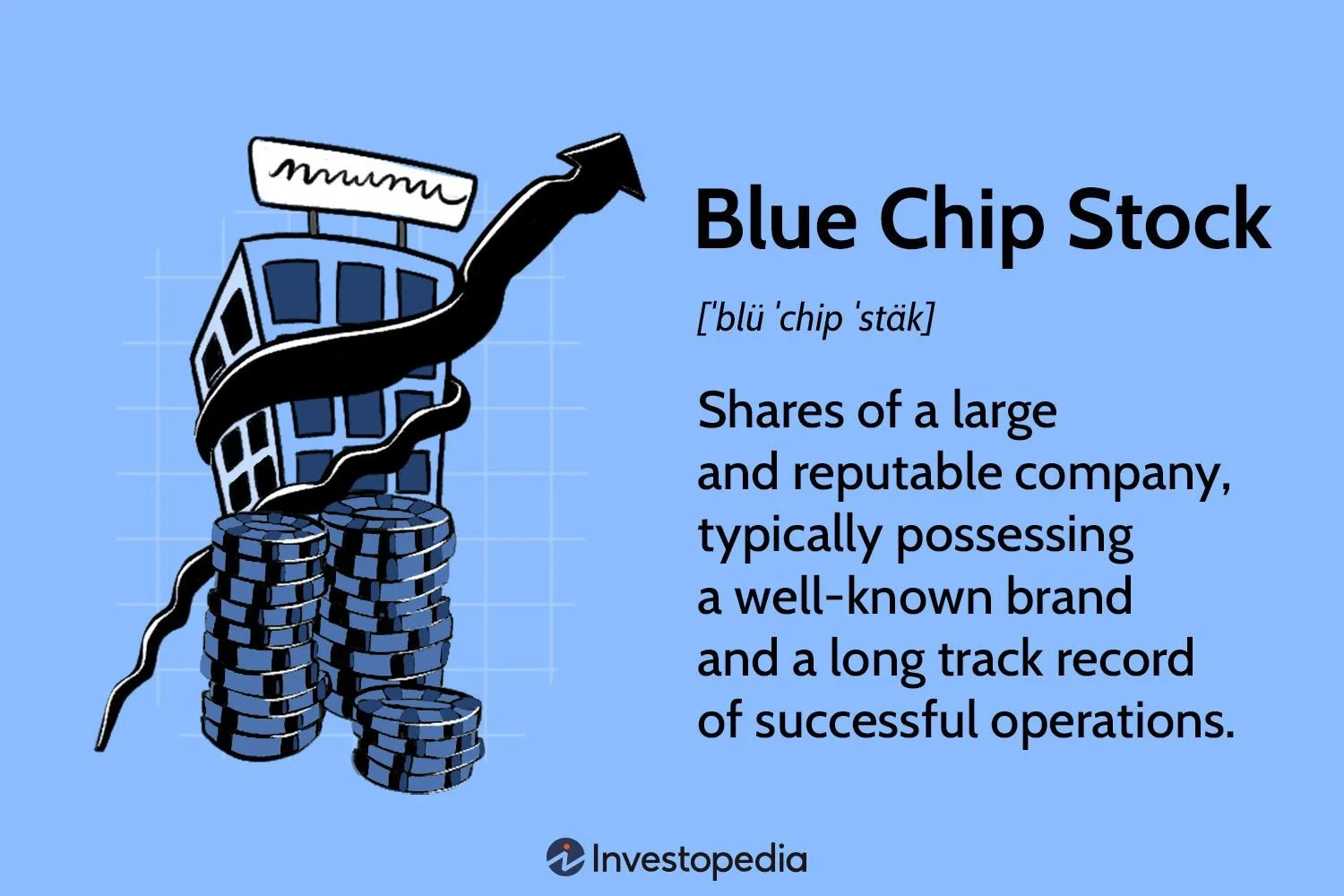Understanding Basic market terms
In this lesson, basic termanoligy for the stock market will be gone through, and discussed so that you understand what exactly is going on with the terms and their definitions.
Bull Market: A period where stock prices are consistently rising.
Bear Market: A period where stock prices are consistently declining.
Stock: A type of security that signifies a unit of ownership in a company. When you buy a stock, you become a partial owner of that company.
Share: A single unit of ownership in a company. The terms "stock" and "shares" are often used interchangeably, though stock can also refer to the financial instrument itself.
Portfolio: The collection of investments owned by a single person or entity. It can include stocks, bonds, mutual funds, and other assets.
Diversification: An investment strategy that involves spreading investments across various asset classes to minimize risk. The goal is that if one part of your portfolio performs poorly, another part will do well.
Initial Public Offering (IPO): The first time a private company offers shares of its stock to the general public.
Volatility: Measures how much a stock's price fluctuates.
Capital gain: Profit from selling a stock for more than the purchase price.
Stock market index: A measure tracking the performance of a market or segment, like the S&P 500.
Bid price: The highest price a buyer will pay.
Ask price: The lowest price a seller will accept.
Bid-ask spread: The difference between the bid and ask prices, representing the transaction cost.
Market order: An order to buy or sell at the best current price for immediate execution.
Limit order: An order to buy or sell at a specified price or better, prioritizing price over immediate execution
Company-related terms
Dividend: A portion of company earnings paid to shareholders.
Yield: A measure of investment return, often a percentage; for a dividend stock, it's the annual dividend divided by the share price.
Blue-chip stock: Stock of a large, stable, well-performing company.
Growth stock: Stock of a company expected to grow faster than the market average, often reinvesting profits.
Value stock: Stock of a company believed to be trading below its intrinsic worth.

